
Pastured Micro-Dairy with Mobile Infrastructure. Combined with holistic grazing, regenerates landscapes.
UN SDGs
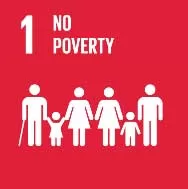
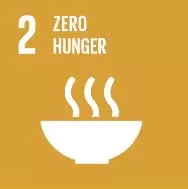
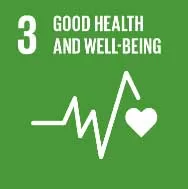
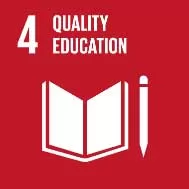
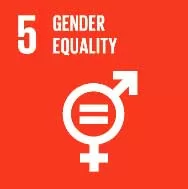
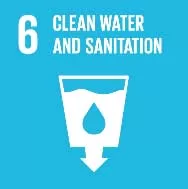
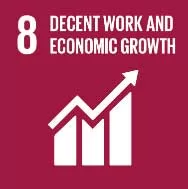
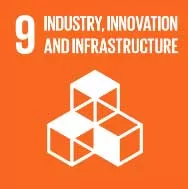
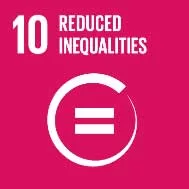
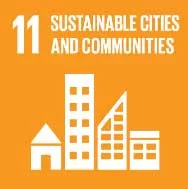
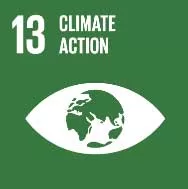
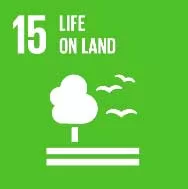
To Regenerate People, Planet & Agriculture
Thereby Creating Harmony between Nature & People
Establish a working Regen Farm Campus
Educate a New Generation of Holistic Farmers
Finance Opportunities + Lease-to-Own Model
Formation of Farmer’s Cooperative

Pastured Micro-Dairy with Mobile Infrastructure. Combined with holistic grazing, regenerates landscapes.
UN SDGs












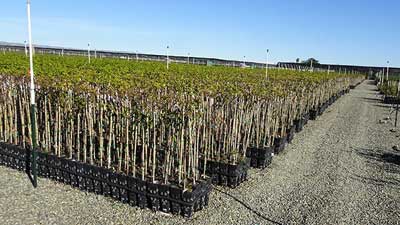
A focus on perennial species, with air pruning beds + bio-fertilizers for ideal microbial & soil conditions.
UN SDGs







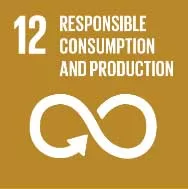

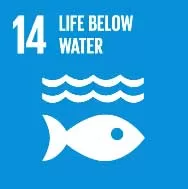

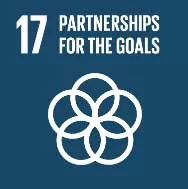
Following the Keyline Scale of Permanence, a framework for farms & cities.

Nestled between lush green hills & vast savannahs, we are empowering the next generation in the ways of regenerative organic farming & entrepreneurship
Discover More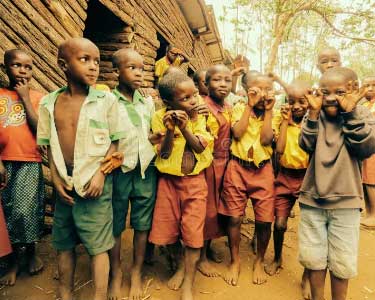
Knowledge is Power
Regenerative Agriculture goes beyond conventional practices by fostering biodiversity, enriching soil health, and sequestering carbon.
By utilizing holistic approaches, it not only yields nutritious produce but also regenerates ecosystems, mitigating climate change and promoting sustainability.
The institute focuses on education, health, agrotourism, and fostering small farm businesses.
Through education initiatives, it empowers individuals with regenerative principles, cultivating a community that values holistic health and sustainable agriculture.
By supporting small farm businesses and agrotourism, it aids in economic growth and knowledge sharing.
The final objective of establishing a farmers’ cooperative aligns with the institute’s mission to create a collaborative ecosystem.
By uniting farmers, this cooperative aims to strengthen their collective voice, share resources, and amplify regenerative practices.
Ultimately, it fosters a sustainable and supportive network within the agricultural community.